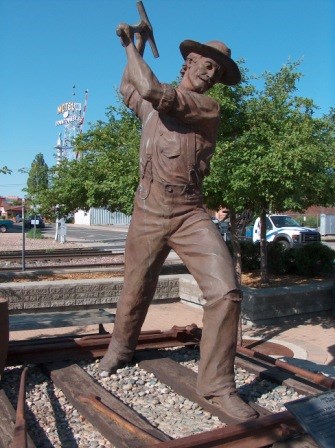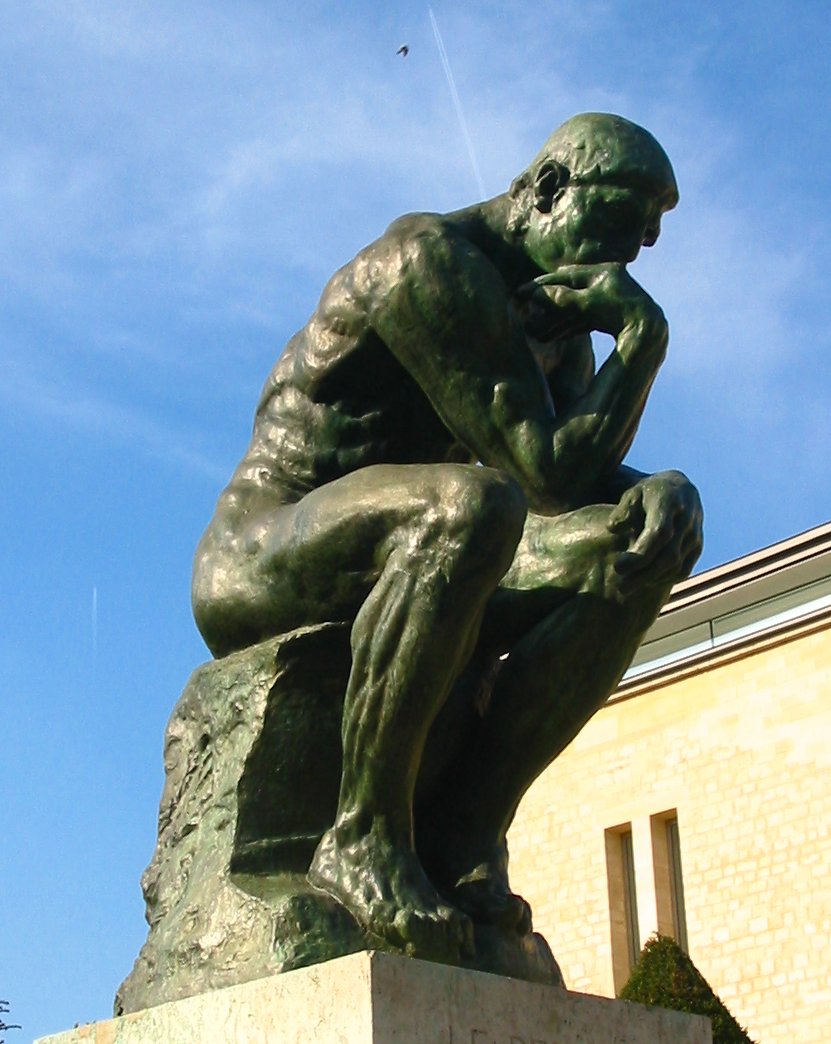Willy Osler, as he was known to all his friends, was the most gifted of Canadian physicians, the Father of Canadian Medicine, born in rural Ontario in the mid 19th century and died in 1919. After the University of Toronto he graduated from McGill and practiced in Montreal, Baltimore at Johns Hopkins where he was a founding member and at Oxford. He founded and refined the method of bedside teaching; taught that history and physical examination, listening to and examining patients, was the hallmark of teaching diagnosis and treatment. Osler was a compound; composite particles ground together by life's mortar and pestle, where reason, body and soul were blended in. One could say about Osler, that it is one thing to practice an exemplary form of medicine; it is another thing entirely, to teach a thousand medical students to practice an exemplary form of medicine.
At the time of Osler's
dying, he kept, at his bedside, a single one of his favorite books. Sir
William Osler had a deep understanding of both the body and spirit of
medicine. It is no accident that the compound nature of Osler
embraced the book, Religio Medici, (The Religion of the Doctor),
written by Sir Thomas Browne shortly after his medical graduation in
1643. I believe the quotation I draw from it now, in turn, embraces
Osler. “--thus there are two books from which I collect my
divinity: besides that written one of God, another of his servant
Nature, that universal and publick manuscript that lies expansed unto
the eyes of all: those that never saw him in the one, have discovered
him in the other." It was my privilege to give the Annual Osler Lecture to the Vancouver Medical Society this year.


















